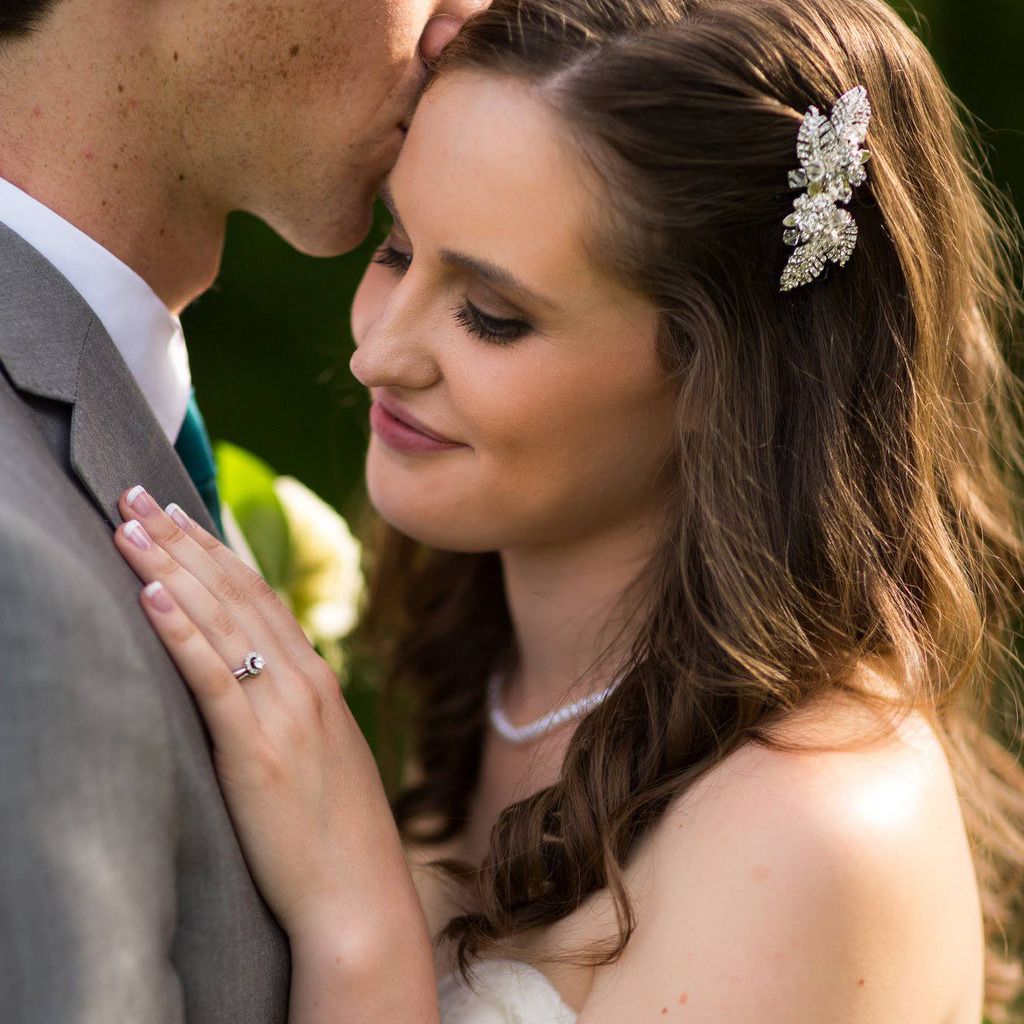My Issue with Being a "Voice for the Voiceless"
3:29 PM
I’ve heard it countless times. I’ve
said it countless times!
“I want to be a voice for the
voiceless.”
I would then think about how
noble and amazing my cause was. *cue pride bubbling up to the surface in
unhealthy quantities*
Before I get started, a
disclaimer: I’m not intending to instigate conflict, or hurt feelings with the
ideas I’m about to present. My hope is to provide an alternative way of thinking
about that phrase and that become more intentional about when and how we use
it.
When we talk about the “voiceless,”
who are we most often talking about? Maybe people experiencing homelessness,
children, people living in impoverished counties, refugees? We tend to describe
people who are oppressed, vulnerable, and generally disregarded by a large
portion of our society.
Often they are people who feel
unheard, unimportant, and powerless.
Here’s the big scary question:
What if being ‘a voice for the voiceless’ isn’t actually helping them?
What if by being the one to tell
their story, we are actually perpetuating a culture in which their stories are
only taken seriously when told by a person of privilege, and they continue to
be viewed as incapable, less than, etc.?
When someone feels unheard and a
person with more resources, more education, more support, and so on steps in to
be a ‘voice’ for them, the message they might receive is that they do not have
the capability to speak for themselves.
In conversations I have had with
my clients I have learned that they know and can share their stories better
than I ever could. I had a false sense of importance, like they needed me, like I needed to speak for them because they couldn’t.
How prideful of me!
Those experiences did the
necessary work of knocking me down a peg or two (or 12), and elevating my
clients to a place of competence and worthiness.
What if, though our intention is
to empower them, or to help their experiences be taken seriously, we strip them
of their power and autonomy?
Through speaking for them, we may be making the
heartbreaking (and I would argue, false) assumption that they don’t have a
voice. It’s a fallacy—by calling them the ‘voiceless,’ even when we don’t
really mean to do so, we are communicating that they don’t have a voice. But
that’s not the issue. They have a voice! It’s just that no one will listen to
them.
They likely don’t have the
platform that we have; to speak and actually be listened to.
There is absolutely a place for
advocacy, particularly in situations where it might not be appropriate or
beneficial for someone to describe the trauma or struggle they have
experienced. I know a lot of absolutely incredible people doing that work every
day, and it is so beautiful.
I also know a lot of people who
want to tell their story, but have not been given the opportunity to do so.
What have I learned from this
process?
First, language is important. The
words we use to describe someone, while well-meaning, can disempower and cause
more damage in the long run.
Second, that I have privilege.
The kind of privilege where when I share something—a concern, a frustration—people
listen and take the time to truly hear me.
Third, that it may be more
helpful to use the platform that my privilege provides me as a stage for
vulnerable and oppressed people to stand on to bravely share their stories.
Stories of hurt, of struggle, of injustice, of strengths, and of triumphs.
I hope to always remember that though society may view some people as being voiceless, I have the opportunity to recognize their humanity, and in doing so empower them to use their voice and boldly tell their stories.





0 comments